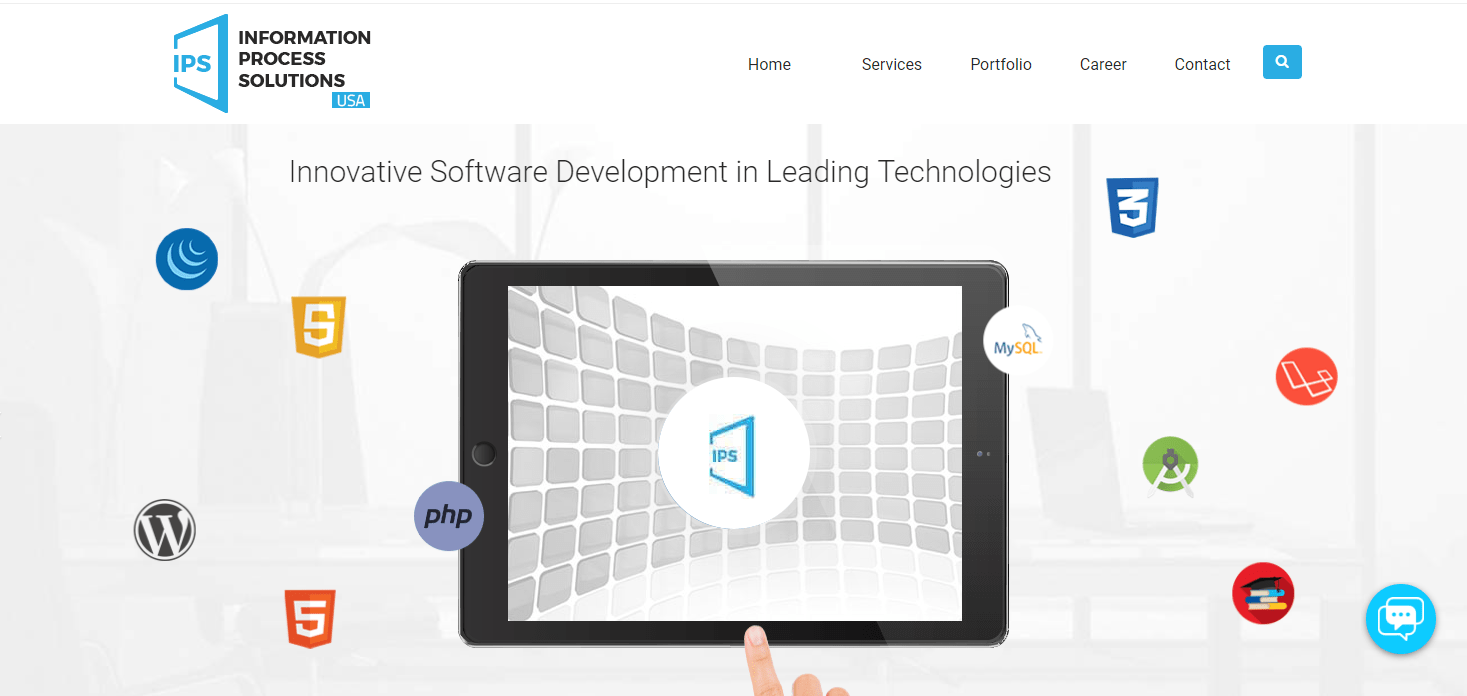Healthcare industry is one of the first industries to benefit from big data analytics solutions and research. Most of the data residing in the medical and healthcare industry are unstructured and scattered. In order to yield profitable insights, the data needs to be put in an orderly manner.
What is Hadoop?
- A processing platform which is deployed in traditional on-site data centers and on the cloud.
- Data processing platform for handling big data analytics in the healthcare industry.
- A platform which is name after the original developer’s son’s toy elephant.
- Open-source software platform for storing and processing large-scale datasets on computer clusters.
The answer is, obviously, all four of them. Over time, Hadoop gained much popularity in the healthcare industry.Companies like Yahoo!, Facebook etc use Hadoop to manage their large datasets. Researchers are now able to work on datasets that were traditionally impossible to handle. Today, along with various other industries Apache Hadoop is revolutionizing the medical industry and providing healthcare industry solutions.
- Everyday, gigabytes of patient data is captured and stored across various servers. A healthcare service provider keeps a track on a number of times a patient has visited the hospital, number of times he/she has been admitted to the ER, what medications the patient is on and his entire medical history. With this data, the doctor is then able to diagnose a problem well in advance and provide treatment accordingly.
- The next step after monitoring a patient is providing a personalized treatment rather than generalizing the symptoms. With a constant check on the medications, reports, and dosages, the doctor is able to check on the effects of medication on his/her body.
- Those involved in clinical research can connect with the broad knowledge pools available online from multiple data sources to help them develop better diagnosis. Individual datasets from segregated sources are brought together into big data repositories. Algorithms are then applied on the large datasets to generate predictive analytics. They provide in-depth insights by generating nuances from sub-sets. These nuances are too small to be detected by traditional research methods.
- Why Hadoop?
The purpose of big data analytics solutions is not to accumulate more data but to provide more actionable insights from the gathered data. And Hadoop is doing just that in providing healthcare industry solutions.
- Scalable Healthcare Industry SolutionsSince Hadoop is a decidedly scalable storage platform, complex and vast array of medical datasets can be stored and distributed across hundreds of inexpensive servers. Relational Database Management Systems (RDBMS) cannot scale to process large amounts of data. This is where Hadoop enables the applications to run on thousands of nodes that involved terabytes of data.
- Cost-effective Big Data Analytics SolutionsThe raw data in RDBMS were omitted since it would be too expensive to store all of those data together on various nodes. With Hadoop, there are no more assumptions. One can keep all the data they want. Compared to even the lower-end cost of RDBMS, Hadoop is still way cheaper annually.
- Faster And Agile Healthcare Industry SolutionsHadoop initially ‘maps’ data wherever it is located on a particular cluster with its unique storage method. These tools for data processing are often located on the same server where the data has been stored. This results in brisk data processing.
Conclusion
Several years back, we never captured data unless we thought it will be dramatically helpful in the future. Why? The cost to capture and store those datasets was incredibly high. Hadoop is a great catalyst in our ability to efficiently store, capture, segment, and utilize large amounts of data. This leap forward is helping the healthcare industry enormously.
What do you think?
Advertisement








